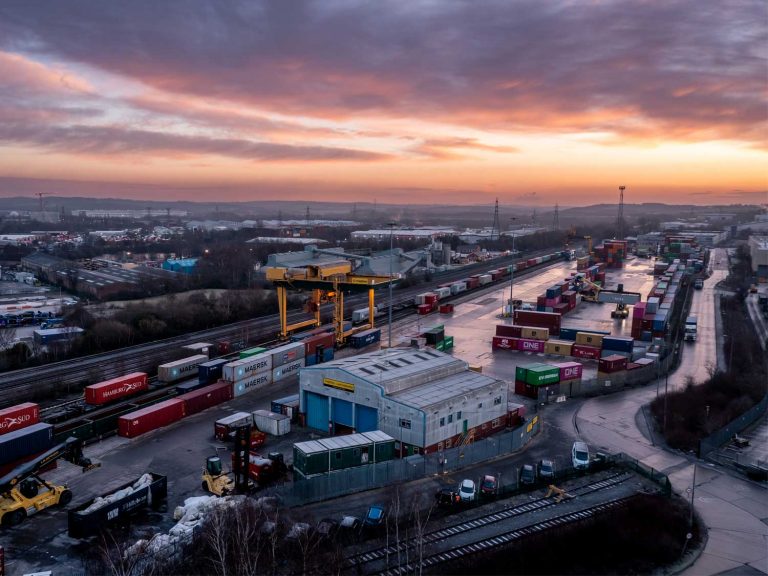
Date:
Unaccompanied freight service milestone
Short-sea container, unaccompanied trailer services and the use of quieter regional ports have enjoyed something of a renaissance since Brexit, as more complex border controls have added to congestion and delays at the busiest Channel ports.
DFDS’s Sheerness to Calais service has now moved more than 50,000 trailers since it was first launched in July 2021, an increase of 65% in daily unit volumes, while London Medway processed almost 4,000 unaccompanied trailers in a single month.
Unaccompanied freight, which sees trailers and containers shipped into regional ports without a driver, is seen as a major way of overcoming challenges with customs delays, and driver shortages.
DFDS and P&O are the main RoRo operators out of Dover to primary ports like Calais and Dunkerque, but there are hundreds of alternative RoRo services and sailings every week, that serve alternative ports like Zeebrugge, Rotterdam, London, Humberside, Liverpool, Gothenburg, Esbjerg, Santander and Porto.
Eurotunnel has been adding new rail services to meet growing demand for the unaccompanied transport of trailers and Brittany Ferries has confirmed that the amount of unaccompanied freight it is transporting on its routes between the UK and France/Spain is much higher than in previous years, with its Galicia service, operating between Santander in Spain and Portsmouth and around 40% of the freight carried has been unaccompanied trailers.
There is a good case for moving non-perishable cargo that is not on a strict deadline via unaccompanied services, because they are more reliable than accompanied freight, which are open to multiple points of failure.
Short sea unaccompanied container and trailer services offer literally hundreds of port pair, service and rate options, which allows the smart supply chain manager to flex service levels, transit time and rates for optimum services at the lowest economic rate.
For the right product and supply chain situations, short sea container shipping and unaccompanied trailers can be a smart, efficient and cost efficient alternative to standard overland services with Northern and Southern Europe.
Many of the biggest shippers and manufacturers are established users of short sea services because they like the additional opportunities it provides over traditional road transport such as access to the rail network and the option of using the container as extended storage.
Short sea can be half the cost of road, but may be triple the transit. If you would like to explore the potential of short-sea container, unaccompanied trailer services and the benefits of quieter regional ports, EMAIL Matt Paxton-Rhodes to begin a conversation.
